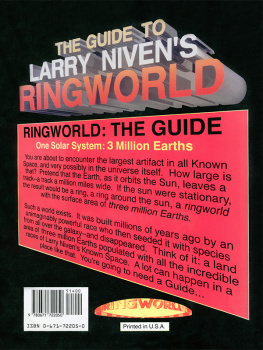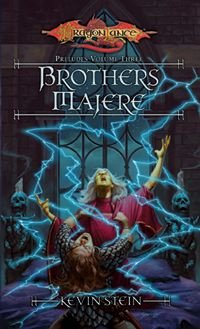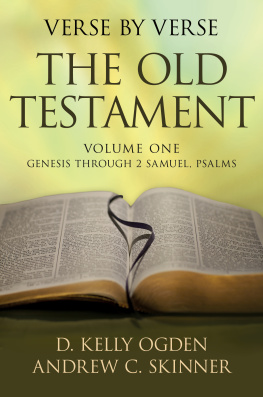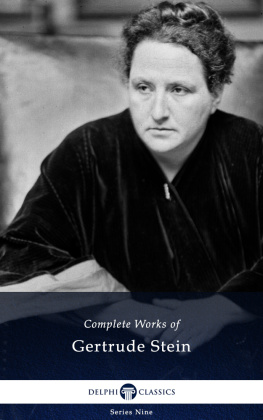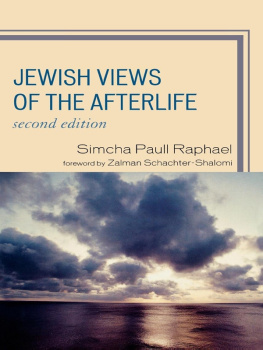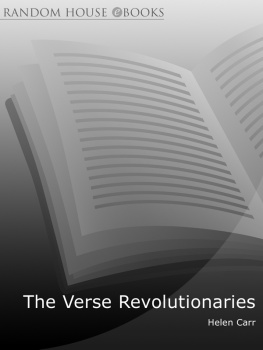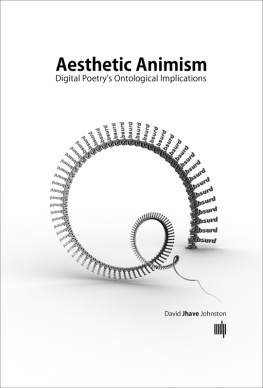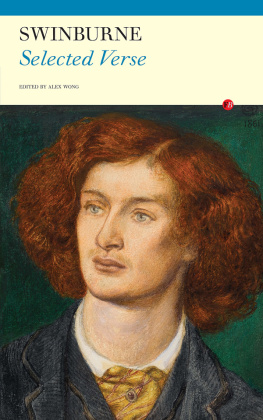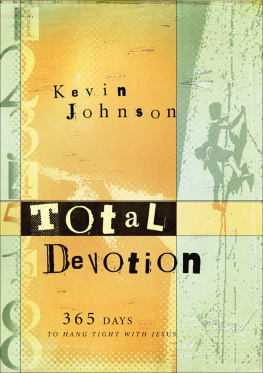Kevin Stein - Poetrys Afterlife: Verse in the Digital Age
Here you can read online Kevin Stein - Poetrys Afterlife: Verse in the Digital Age full text of the book (entire story) in english for free. Download pdf and epub, get meaning, cover and reviews about this ebook. year: 2018, publisher: The University of Michigan Press, genre: Science. Description of the work, (preface) as well as reviews are available. Best literature library LitArk.com created for fans of good reading and offers a wide selection of genres:
Romance novel
Science fiction
Adventure
Detective
Science
History
Home and family
Prose
Art
Politics
Computer
Non-fiction
Religion
Business
Children
Humor
Choose a favorite category and find really read worthwhile books. Enjoy immersion in the world of imagination, feel the emotions of the characters or learn something new for yourself, make an fascinating discovery.
- Book:Poetrys Afterlife: Verse in the Digital Age
- Author:
- Publisher:The University of Michigan Press
- Genre:
- Year:2018
- Rating:4 / 5
- Favourites:Add to favourites
- Your mark:
- 80
- 1
- 2
- 3
- 4
- 5
Poetrys Afterlife: Verse in the Digital Age: summary, description and annotation
We offer to read an annotation, description, summary or preface (depends on what the author of the book "Poetrys Afterlife: Verse in the Digital Age" wrote himself). If you haven't found the necessary information about the book — write in the comments, we will try to find it.
Poetrys Afterlife: Verse in the Digital Age — read online for free the complete book (whole text) full work
Below is the text of the book, divided by pages. System saving the place of the last page read, allows you to conveniently read the book "Poetrys Afterlife: Verse in the Digital Age" online for free, without having to search again every time where you left off. Put a bookmark, and you can go to the page where you finished reading at any time.
Font size:
Interval:
Bookmark:
 Page i Page ii
Page i Page ii is an imprint of the University of Michigan Press and the Scholarly Publishing Office of the University of Michigan Library dedicated to publishing innovative and accessible work exploring new media and their impact on society, culture, and scholarly communication.
is an imprint of the University of Michigan Press and the Scholarly Publishing Office of the University of Michigan Library dedicated to publishing innovative and accessible work exploring new media and their impact on society, culture, and scholarly communication.
Kevin Stein
The University of Michigan Press and
The University of Michigan Library
ANN ARBOR
Page ivCopyright by the University of Michigan 2010
Some rights reserved

This work is licensed under the Creative Commons Attribution-Noncommercial-No Derivative Works 3.0 United States License. To view a copy of this license, visit http://creativecommons.org/licenses/by-nc-nd/3.o/ or send a letter to Creative Commons, 171 Second Street, Suite 300, San Francisco, California, 94105, USA.
Published in the United States of America by
The University of Michigan Press and
The University of Michigan Library
Manufactured in the United States of America Printed on acid-free paper
Printed on acid-free paper
2013 2012 2011 2010 4 3 2 1
A CIP catalog record for this book is available from the British Library.
Library of Congress Cataloging-in-Publication Data
Stein, Kevin, 1954
Poetrys afterlife : verse in the digital age / Kevin Stein.
p. cm. (Digitalculturebooks)
ISBN 978-0-472-07099-2 (cloth : alk. paper) ISBN 978-0-472-05099-4 (pbk. : alk. paper)
1. American poetry21st centuryHistory and criticism. 2. PoetryAppreciationUnited StatesHistory21st century. 3. PoetryAppreciationUnited StatesHistory20th century. 4. American poetry20th centuryHistory and criticism.
1. Title.
PS326S74 2010
811.509dc22 2010004463
ISBN 978-0-472-02670-8 (e-book)
Page vFor Deb, with daisies,
And for Kirsten and Joseph, who question everything. Page vi Page vii
A modest flower,
resembling a pink sweet-pea,
you cannot help
but admire it
until its habits
become known.
Are we not most of us
like that?
WILLIAM CARLOS WILLIAMS ,
The Pink Locust
Page ixPoetry today enjoys a spirited afterlife. Its aesthetic hereafter has come despite, or perhaps because of, two decades of commentary diagnosing American poetry as gravely moribund if not already deceased. A little over twenty years ago Joseph Epsteins provocative Who Killed Poetry? ignited torch-waving debate between opposing camps of the tweed sport coat and the black beret. Three years later Dana Gioias Can Poetry Matter? and Jonathan Holdens sensible The Fate of American Poetry arrived on the scene, both proposing cures for what allegedly ailed our poetry. Even Donald Halls impassioned defense of the art invoked funereal lingo, exasperatedly calling for Death to the Death of Poetry.
As a writer, Ive literally grown up with the notion that poetry was knocking on deaths dooror was it, la Bob Dylan, knock, knock, knocking on heavens door? And all my teachers and most literary journals saw fit to remind me that I, as practitioner of said art, was bloodying my knuckles. Practicing a dead art was regarded as a literary badge of honorable dishonor. That poetry was unmarketable and maligned made it paradoxically the purest of art forms. Our small poetry circle, and the university culture into which it had retreated, elevated this isolation as redemptive not destructive of the art.
My sense of poetrys near-certain passing was challenged in unexpected ways following my appointment as Illinois poet laureate in 2003. In short, I found myself sweetly flummoxed by the widespread public interest in poetry I encountered around the state. What fascinated me was the disparity between the professions notion of poetrys mortality and the spirited reception poetry enjoyed when I presented well over one hundred readings in factories, nursing homes, churches, urban parks, and rural public libraries. Each foray I made into alternative means of promoting poetry was met with energetic approval. Goodly numbers of students, teachers, and the general public, for instance, visited Web sites Id created to feature audio and video Page x poetry, and those same citizens welcomed an audio CD anthology featuring our states poets reading from their works. Over time, it occurred to me that literary reading among the public was actually experiencing, as the recent National Endowment for the Arts research report Reading on the Rise suggests, a surprising revivification. It struck me then that poetic art had not given up its literary ghost. For a fated art supposedly pushing up aesthetic daisies, poetry these days is up and about in the streets, schools, universities, clubs, and online. Largely overlooked by national media, poetry flourishes among the people in a lively if curious underground existence. Its this second life, or better, poetrys afterlife, that interests me.
Poetrys Afterlife thus focuses on three issues intersecting poetry and the increasingly digital culture that receives it. This book surveys the current poetry scene, traces how we arrived here, and suggests where were going. First, it considers the means by which a poet defines and necessarily redefines the individual poetic self amid the pendulum swings of large-scale aesthetic history. Next, this book examines the manner in which technological advances have changed how poetry is written, distributed, and received in American culture, focusing especially on poetrys changing relationship with both traditional print-centered and experimental computer-based modes. Finally, it scrutinizes poets increasingly institutionalized roles as creative writing teachers and as public proselytizers of the art, assessing the classroom as the febrile site where studentsour future poetscome to welcome or to reject the art. In short, Poetrys Afterlife considers the intersection of poets private art across the cultures communal interchange.
These essays are meant to be more investigative and propositional than doctrinaire. In form they are hybrids, blending the scholarly and the theoretical with the meandering pleasures of memoir. They are in turns aesthetic as well as social, theoretical as well as practical, and personal as well as communal.
The books initial section, On Poets & Aesthetic History, maps the curious (often thorny) path by which American poetry arrived at its present aesthetic moment. Paper or Plastic, Pepsi or Coke, Irony or Sincerity? traces the virtues as well as the trials of American poetrys enduring tug of war between rival aesthetic poles. Extending this notion, The Only Courage Is Joy!: Ecstasy and Doubt in James Wrights Poetry then examines one poets career-long negotiation with a peculiar expression of these very dialectical extremes and exposes Wrights private wrestling with large-scale aesthetic history. Playing Favorites: American Poetrys Top Ten-ism Fetish reflects Page xi generally on the rousing if bookish process by which poets forge personal relationships to literary history and muses particularly on poets current fascination with ranking their favorite books. Next, as its James Whitcomb Riley-inspired title suggests, When the Frost Is on the Punkin: Newspaper Poetrys History and Decline investigates the heyday of American newspaper verse and its twentieth-century waning. Our nations renewed flirtation with the newspaper as medium for public verse is the subject of Aesthetic Dodo, particularly recent attempts to reintroduce this nearly extinct mode into the dwindling wilds of the countrys daily rags.
Font size:
Interval:
Bookmark:
Similar books «Poetrys Afterlife: Verse in the Digital Age»
Look at similar books to Poetrys Afterlife: Verse in the Digital Age. We have selected literature similar in name and meaning in the hope of providing readers with more options to find new, interesting, not yet read works.
Discussion, reviews of the book Poetrys Afterlife: Verse in the Digital Age and just readers' own opinions. Leave your comments, write what you think about the work, its meaning or the main characters. Specify what exactly you liked and what you didn't like, and why you think so.


